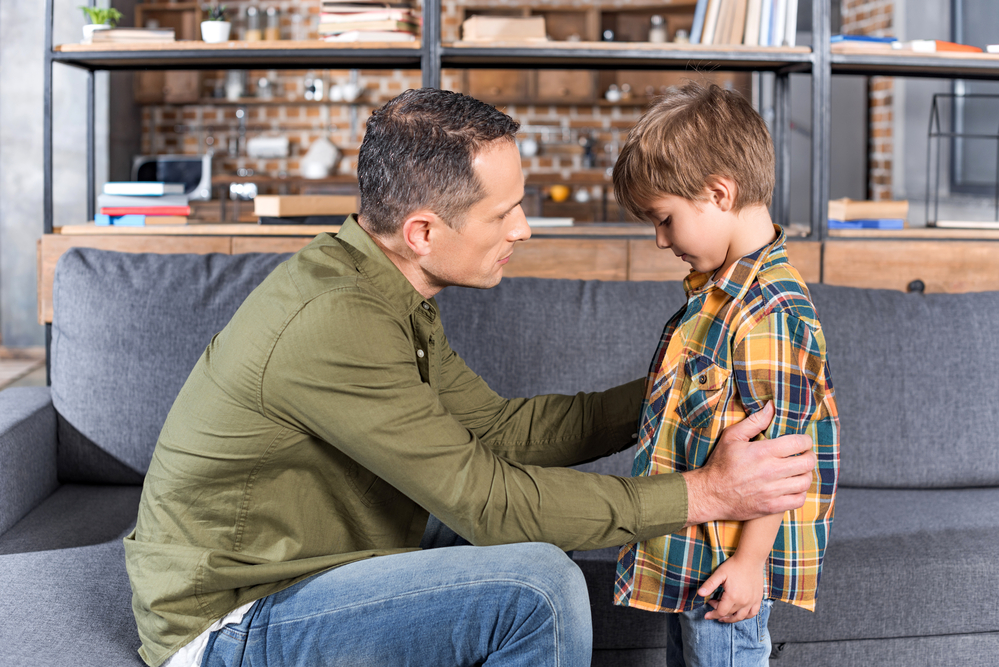Behaving and treating others with politeness and respect is how one show good manners. Children will not know how to behave properly unless they have been treated the same. Parents will also need to teach and guide them on how to show courtesy and respect towards the feelings of others.
As early as childhood, they should start learning on how to be appropriate when interacting with others. If they start early, it will become a habit. They will be used to behaving properly that it will become a part of their way of living.
Here are a few ways on how we can start teaching them good manners.
- Practice manners at home– good manners needs to start at home. Children will copy what they see and hear around them. Show them how you politely speak to your own parents and how you care and respect them. Children will do the same as they see it in you.
- Be polite – teach them polite words like “thank you”, “please”, “I’m sorry” and “excuse me”. Always say “thank you” whenever somebody gives you something. Say “please” whenever you need to ask for something. Say “I’m sorry” whenever you did something wrong. Say “excuse me” if you’re seeking attention from others.
- Learn to share – children should be grateful for what they have and has to learn to share things. Teach them the value of sharing like whenever they have playtime with friends, it’s always a good habit to share your toys and it will make playing time more fun.
- Be helpful – at home start asking them to help you out with simple chores. Simple tasks like putting their toys away. When they finish thank them for the help and appreciate what they did. Do not badmouth them if they did the work badly but show them the proper way to do it for next time. Teach them to help others as well. Show them that helping others is a satisfying and rewarding feeling.
- Acknowledge good behavior – recognize when they have done a good thing so that they would feel some accomplishment and will do it more often. They would feel good about themselves. Telling them that they have done a “good job” by simply sharing a toy with their sibling.
- Correct them promptly – If a child did something or has said something impolite, correct him promptly but with caution. You have to explain to them that there is a better way to do or say things. Explain to them why certain things need to be done courteously.
- Do not be judgmental – Explain to children that people have different views and opinions and we should not be too negative. If they don’t see eye to eye with another person teach them to listen, understand and have an open mind about people views and before making any sheer views and interpretations.
- Be consistent – it takes practice and a lot of patience when teaching children good manners. Both parents should be on the same side when showing and guiding them on good behavior. Like when eating, they have to be on their high chair instead of wandering around with their food. Both parents should be consistent on this for the children not to be confused.
- Be considerate and kind to people with disabilities – children will naturally stare and point at people who seem to look and move the way differently. Explain to them why these people look different from them and have feelings and they need special care and understanding. This is a very special case since we as adults need to learn how to go about this kind of situations as well.
- Respect your child – if your child misbehaves, speak to them privately and do not embarrass them in public. Showing them that you respect them will greatly help in guiding them into becoming more well-mannered.
Remember, parents should model manners. Children will always imitate what they see and hear within the household. Parents need to be the model of good manners if they are planning to instill it in them. Guiding them through the process of good behavior and manners will take years of constant reminder and patience. It’s a slow process and it can’t be forced unto them, so don’t get frustrated easily and think positive. Children will eventually learn the proper way to treat people and how to behave properly if they have felt and experienced the same.
You may also like to read:
How to Raise Good Little People
10 Evidence-Based Tips for Taming Temper Tantrums
Benefits of including kids in household chores
Eight vital skills children develop in early learning and care settings









